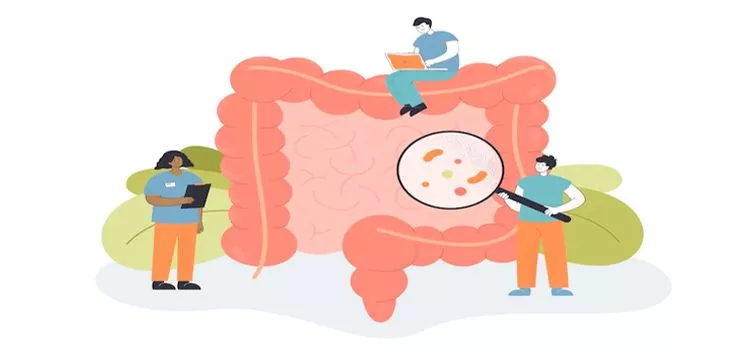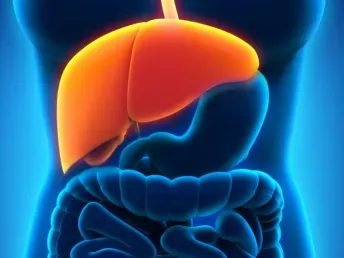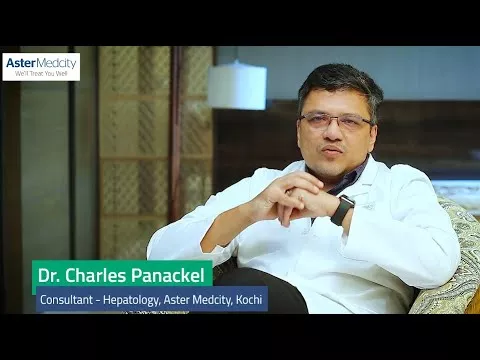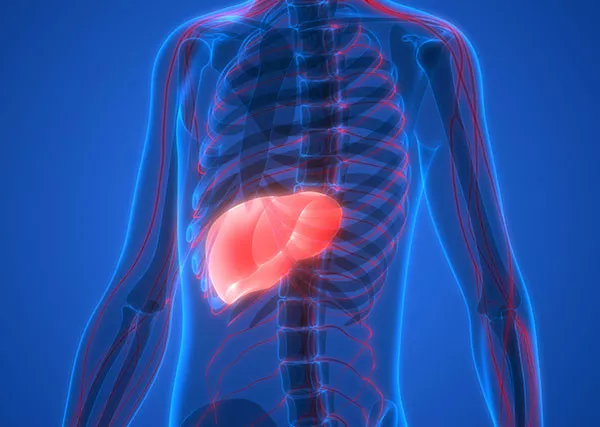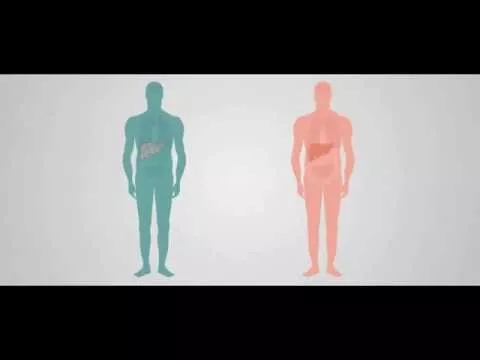What is Endoscopic Full Thickness Resection (EFTR)?
Endoscopic Full Thickness Resection (EFTR) is a minimally invasive endoscopic procedure used to remove abnormal tissue or lesions from the digestive tract. It involves the use of a flexible endoscope, which is a thin tube with a camera and a light at the end, to visualize the inside of the digestive tract.
During the procedure, the endoscope is inserted into the mouth or anus and guided to the area where the abnormal tissue or lesion is located. Once the area is identified, specialized instruments are passed through the endoscope to remove the abnormal tissue or lesion.
EFTR is called a "full thickness" resection because it removes tissue from the inner lining of the digestive tract all the way through to the outermost layer. This makes it a useful technique for removing lesions that are in difficult-to-reach areas or those that are too large or complex to be removed with traditional endoscopic techniques.
EFTR is typically performed under sedation or general anesthesia and requires 1-2 days stay for observation. It has been shown to be a safe and effective alternative to surgical resection for certain types of gastrointestinal lesions.
Why and when Endoscopic Full Thickness Resection is recommended?
Endoscopic Full Thickness Resection (EFTR) may be recommended when abnormal tissue or lesions are found in the digestive tract. These abnormalities may include polyps, tumors, or other types of lesions that need to be removed for diagnosis or treatment purposes.
EFTR may be recommended in situations where traditional endoscopic techniques, such as snare resection or endoscopic mucosal resection (EMR), are not suitable. This could be due to the size, or complexity of the abnormality.
EFTR may also be recommended when surgery is not considered an appropriate option for the patient, especially gastrointestinal stromal tumor location perhaps due to age or other medical conditions that make them ineligible for surgery.
EFTR has been shown to be a safe and effective alternative to surgical resection for certain types of gastrointestinal lesions. It can be used to remove abnormal tissue or lesions from various parts of the digestive tract, including the stomach, small intestine, and colon.
In summary, EFTR may be recommended when:
- Abnormal tissue or lesions are found in the digestive tract
- Traditional endoscopic techniques are not suitable
- Surgery is not considered an appropriate option
- The abnormality is in a difficult-to-reach area or is too large or complex to be removed with traditional endoscopic techniques.
How is Endoscopic Full Thickness Resection different from other conventional treatment?
Endoscopic Full Thickness Resection (EFTR) is different from other conventional treatments for gastrointestinal lesions, such as surgery or traditional endoscopic techniques like snare resection or endoscopic mucosal resection (EMR), in several ways:
Minimally invasive: EFTR is a minimally invasive procedure, which means that it is less invasive than surgery
Full-thickness resection: EFTR removes tissue from the inner lining of the digestive tract all the way through to the outermost layer, making it a "full-thickness" resection. This is different from traditional endoscopic techniques, which only remove tissue from the inner lining.
Better access: EFTR can access difficult-to-reach areas of the digestive tract that may be hard to reach with traditional endoscopic techniques. This makes it a useful technique for removing lesions that are in hard-to-reach areas or those that are too large or complex to be removed with traditional endoscopic techniques.
Better diagnostic yield: EFTR allows for a better diagnostic yield as it enables a pathologist to examine the full thickness of the lesion removed. This can provide more accurate information on the nature of the lesion and its staging.
Reduced risk of complications: EFTR has been shown to have a lower risk of complications than surgery, such as bleeding, infection, or postoperative pain.
Overall, EFTR is a safe and effective alternative to surgery for certain types of gastrointestinal lesions. It provides a minimally invasive option with better access, better diagnostic yield, and a lower risk of complications compared to traditional surgical or endoscopic techniques.
How is life after Endoscopic Full Thickness Resection?
After Endoscopic Full Thickness Resection (EFTR), patients may experience some mild discomfort, such as abdominal pain or bloating, for a few days. This is usually managed with pain medications, and most patients can return to their normal activities within a few days.
In most cases, patients can resume their normal diet immediately after the procedure. However, their doctor may recommend avoiding certain types of food or beverages that may irritate the digestive tract.
Patients who undergo EFTR for the treatment of gastrointestinal lesions will need to have regular follow-up appointments with their doctor to monitor for any recurrence of the abnormal tissue or lesion. This may involve periodic imaging tests, such as endoscopy or CT scans.
The long-term outlook after EFTR depends on the underlying condition that was treated. In general, EFTR has been shown to be a safe and effective treatment option for certain types of gastrointestinal lesions, with low rates of recurrence and complications.
Patients should discuss their specific situation with their doctor, including any potential risks or complications associated with the procedure, as well as their expected recovery time and any necessary follow-up care.
Blogs
The source of trustworthy health and medical information. Through this section, we provide research-based health information, and all that is happening in Aster Hospital.





